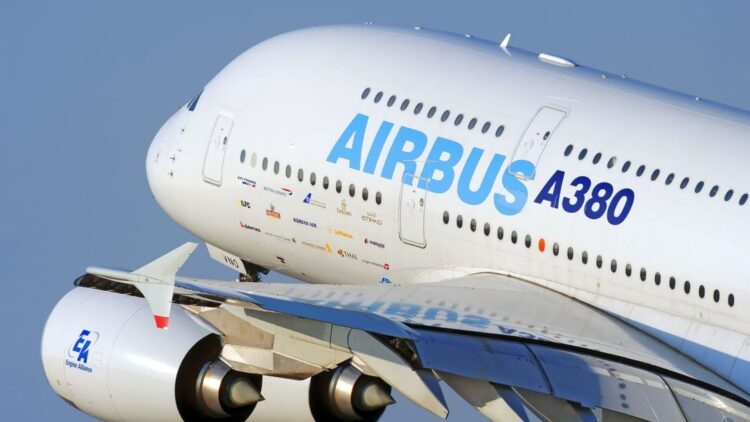Air Travel Will Never Be the Same—Airbus Unveils Game-Changing ZEROe Aircraft

Airbus Unveils Zero-Emission Aircraft That Could Redefine Air Travel
Hydrogen is quickly becoming the star of the clean energy transition—not just in cars or maritime transport, but now in the skies. Airbus has introduced its groundbreaking hydrogen-powered aircraft concept, ZEROe, aiming to launch a new era of aviation by 2035. With a design fueled by hydrogen fuel cells and producing only water as a byproduct, this innovation could mark a turning point for the aerospace industry.
What Makes the ZEROe Aircraft Unique?
The proposed aircraft will be equipped with four independent hydrogen fuel cell-powered engines, designed to generate electricity for electric propellers. This propulsion system eliminates the need for conventional jet fuel, offering a fully carbon-neutral alternative to today’s aircraft—a first for commercial aviation of this scale.
Instead of relying on traditional turbofans, the ZEROe concept embraces an electric motor-driven design. If powered by renewable-sourced hydrogen, it promises not only cleaner skies but the capability for transatlantic flights without greenhouse gas emissions.
Overcoming the Hurdles
Powering a commercial aircraft with hydrogen hasn’t been easy. Airbus had to ensure the system could handle the demands of large-scale air travel. Commercial planes can weigh upwards of 230 tons and burn through nearly 80 tons of fuel on a single long-haul journey.
To address this, Airbus joined forces with ElringKlinger to create a joint venture called Aerostack. By 2023, their hydrogen fuel cell technology achieved a breakthrough—surpassing 1.2 megawatts of power output, a remarkable leap forward for hydrogen aviation.
These developments have proven that hydrogen propulsion is no longer a distant dream, but a viable path forward.
More Than a Plane: Building a Hydrogen Ecosystem
ZEROe isn’t just an aircraft—it’s the centerpiece of a broader strategy known as the Hydrogen Hubs at Airports initiative. Through this project, Airbus aims to create a global network of hydrogen refueling stations for airports, much like how fuel stations serve cars today.
This ambitious infrastructure plan already has industry momentum. Airlines such as Delta, EasyJet, SAS, Wizz Air, Iberia, Air Nostrum, and Air New Zealand have signed on, signaling strong commercial support for hydrogen-powered flight.
When Will ZEROe Take Off?
While Airbus initially aimed for a 2030 debut, updates suggest the first commercial flights could be postponed slightly, likely launching by 2035. The success of this timeline will depend heavily on how quickly technology advances and how swiftly the necessary infrastructure can be scaled worldwide.
Airbus is racing to finalize key elements, including safety systems and ensuring a steady global supply of green hydrogen at major airports.
A Cleaner Flight Path Ahead
Hydrogen is no longer just a theoretical alternative—it’s becoming the cornerstone of next-generation transport. Its potential to reduce emissions, maintain flight range, and transform the aviation sector is now clearer than ever.
With initiatives like ZEROe, Airbus isn’t just building an aircraft—it’s laying the groundwork for a more sustainable aviation future. But global collaboration is essential. Governments, private investors, and regulators must unite to turn this vision into reality.
The skies of tomorrow could be cleaner, quieter, and emission-free—and Airbus’ hydrogen ambitions might just get us there.









